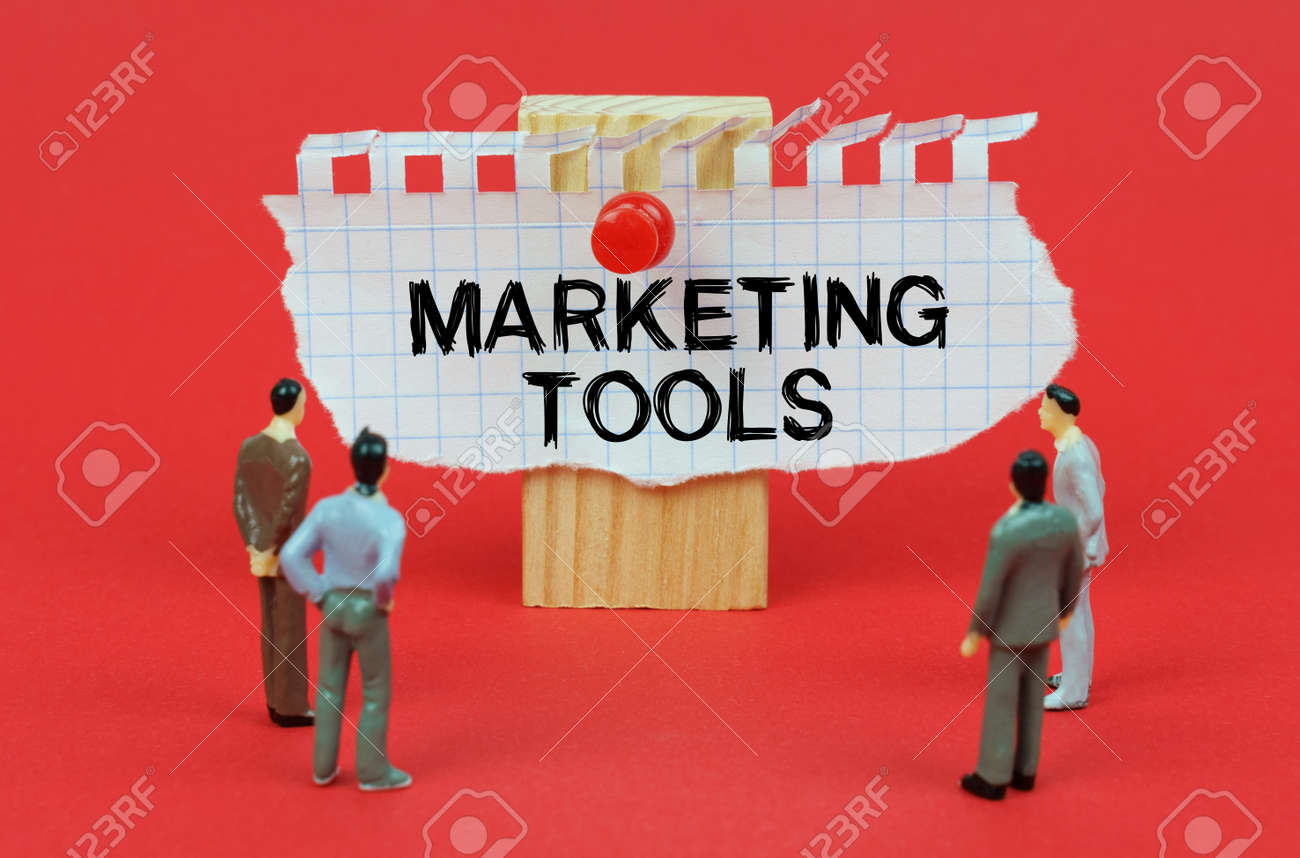Welcome to the world of small business marketing! There is no doubt that having the right tools is essential for the success of any small business. From creating a website to managing customer relationships, having the right tools can make all the difference. In this article, we will explore some of the must-have tools for small business marketing. We will cover everything from email marketing software to analytics platforms and more. With the right tools, you can take your small business marketing to the next level and truly maximize your reach.
Benefits of Utilizing a CRM System for Your Business
As a small business owner, you understand the importance of marketing your business to ensure that it is successful. One of the most powerful and efficient tools that you can utilize for business marketing is a Customer Relationship Management (CRM) system. By utilizing a CRM system, you can easily track and manage customer relationships, optimize lead generation, and maximize customer satisfaction.
One of the key benefits of using a CRM system is that it can help you to better understand customer behavior and preferences. By tracking customer interactions, you can learn more about their needs and tailor your marketing strategies accordingly. This helps to ensure that your marketing efforts are more effective and that customers are more likely to be satisfied with your products or services.
Another benefit of utilizing a CRM system is that it makes it easier to manage customer relationships. With a CRM system, you can easily track customer inquiries, respond to customer complaints, and send out marketing materials. This helps to ensure that customers are kept informed and that their needs are met in a timely manner.
Finally, a CRM system can help to optimize lead generation. By tracking customer interactions and data, you can easily identify potential customers and target them with the right marketing materials. This makes it easier to acquire new customers and grow your business.
In conclusion, utilizing a CRM system can be a great way to improve your small business marketing strategies. With a CRM system, you can better understand customer behavior, manage customer relationships more efficiently, and optimize lead generation. All of these benefits can help you to achieve greater success and growth for your business.
How to Leverage Social Media Platforms for Marketing
Social media platforms have become essential tools for small businesses looking to promote their products and services. With the right strategy, businesses can leverage these platforms to increase their reach and create meaningful relationships with their customers. Here are some tips to help you get started with social media marketing:
1. Define Your Goals: Before you jump into the world of social media marketing, it’s important to identify what you’re trying to achieve. Are you looking to increase brand awareness? Generate leads? Drive conversions? Knowing what you want to accomplish will help you craft a strategy that will get you the results you’re after.
2. Choose the Right Platforms: Different platforms offer different advantages, so it’s important to pick the ones that best align with your goals. For example, if you’re trying to reach a younger audience, Instagram might be the right choice. If you’re more interested in driving website traffic, then Twitter could be a better option.
3. Focus on Quality Content: Once you’ve picked the right platforms, it’s time to start creating content. Quality content is key to successful social media marketing, so make sure you’re posting content that is informative, entertaining, and engaging.
4. Leverage Visual Content: Visual content is incredibly powerful when it comes to social media marketing. Try to include photos, videos, and GIFs in your posts to help your content stand out and capture your audience’s attention.
5. Engage with Your Audience: Social media isn’t just about pushing out content – it’s also about engaging with your audience. Make sure you’re responding to comments and messages in a timely manner, and encourage conversations with your followers.
By following these tips, you can leverage the power of social media marketing to reach a larger audience and build relationships with your customers. Good luck!
Top Strategies for Optimizing Your Website for SEO
Having an optimized website is key for any small business trying to compete in today’s digital landscape. Search engine optimization (SEO) is one of the most effective ways to ensure that your business is reaching its target audience and driving traffic to your website. Here are some top strategies for optimizing your website for SEO:
1. Use relevant keywords: Using relevant keywords on your website can help boost its ranking in search engine results. Research popular keywords related to your business and incorporate them into your website content.
2. Optimize page titles and meta descriptions: Make sure to include relevant keywords in the title and meta description of each of your web pages. This will help make your website more visible in search engine results and draw more organic traffic.
3. Create high-quality content: Creating content that is both informative and engaging is essential for SEO success. Regularly updating your website with fresh, high-quality content will help keep your website relevant and increase its ranking.
4. Develop backlinks: Having other websites link back to your website is a great way to improve your SEO. Develop relationships with other websites in your industry and offer to link to them in exchange for a link back to your website.
5. Leverage business marketing tools: Leveraging the right business marketing tools can help take your SEO efforts to the next level. Popular tools like Google Analytics and SEMrush can help you track your website’s performance and make changes to improve your SEO.
By following these strategies, you can help ensure that your website is properly optimized for SEO and reaching your target audience.
Tips for Effectively Utilizing Email Marketing

Email marketing is a powerful tool for small businesses to engage with their customers and boost their brand. It can be used to inform customers about offers, send newsletters, and build relationships with customers. Here are some tips for effectively utilizing email marketing for small businesses:
1. Develop a plan: Before you start sending out emails, it’s important to plan out your strategy. Think about what your goals are, who your target audience is, and how often you plan to send emails.
2. Personalize your emails: Personalized emails are more likely to be opened and have a higher open rate. Use personalization tags to include the recipient’s name in the subject line and body of the email.
3. Use the right tools: There are a variety of email marketing tools available to small businesses. Choose a tool that is easy to use and has the features you need.
4. Optimize for mobile: Make sure your emails are optimized for mobile devices. This will ensure that your emails can be viewed correctly on any device.
5. Track results: Use analytics to track the results of your email campaigns. This will help you understand what works and what doesn’t so you can make adjustments as needed.
By following these tips, small businesses can effectively utilize email marketing to engage with their customers and boost their brand.
In conclusion, small business marketing is vital for the success of any business, and having the right tools in place is essential. There are a variety of tools available to small businesses, including digital marketing tools, content creation tools, customer relationship management tools, and analytics tools. Each of these tools plays an important role in helping small businesses create a successful marketing strategy. Having the right combination of tools can help small businesses reach their goals and grow their businesses.













